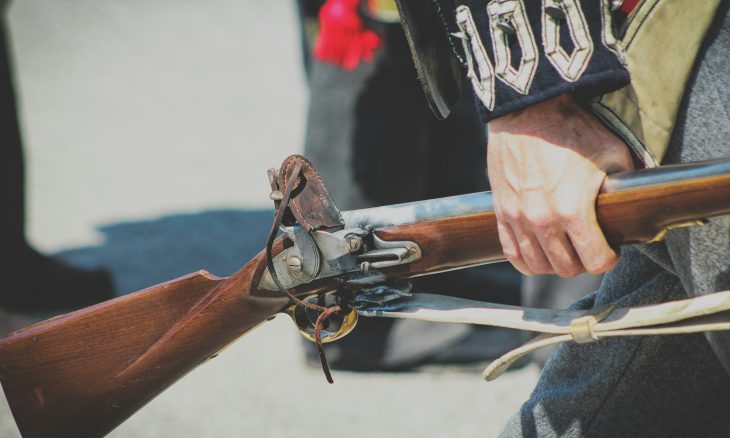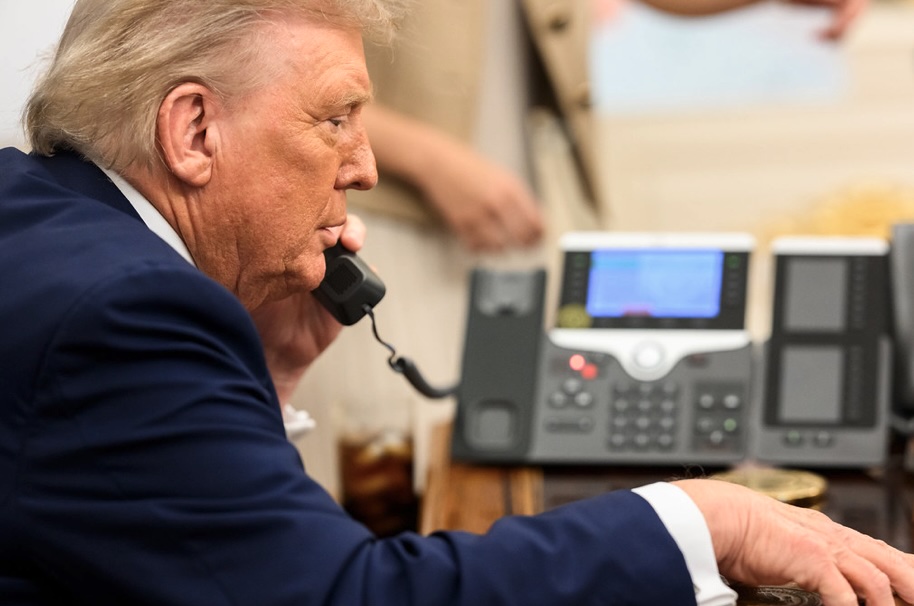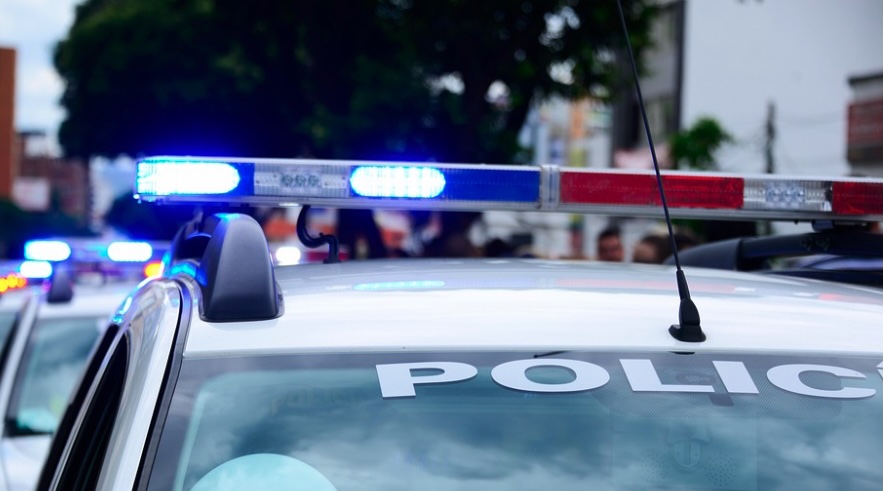Exploring the Second Amendment’s origins, its evolving interpretations, and the ongoing dialogue between individual rights and collective safety.
PRAY FIRST for all who hold public office to seek God’s wisdom in policy making and for our leaders to have discernment to create laws that uphold justice and protect the vulnerable.
By justice a king builds up the land, but he who exacts gifts tears it down. Proverbs 29:4
When the Second Amendment was ratified in 1791, it was deeply rooted in the context of post-Revolutionary America. Wary of standing armies and potential tyranny, the Founders emphasized the importance of a “well-regulated militia” as a safeguard for a free state. In the 18th century, militias consisted of ordinary citizens prepared to defend their communities. This structure was influenced by English traditions and the recent experiences of the American Revolution, where local militias played a crucial role in achieving independence.
Over time, the interpretation of the Second Amendment has shifted. In the landmark case District of Columbia v. Heller, the Supreme Court held that the Second Amendment protects an individual’s right to possess firearms unconnected with service in a militia, particularly for self-defense within the home. This decision marked a significant departure from previous legal interpretations that tied the right closely to militia service.
Two years later, in McDonald v. City of Chicago, the Court further extended this interpretation, ruling that the Second Amendment’s protections apply to state and local governments through the Due Process Clause of the Fourteenth Amendment. These decisions have solidified the view of gun ownership as an individual right, influencing contemporary debates and legislation.
Balancing Individual Rights and Public Safety
The declaration of individual gun rights has sparked ongoing discussions about public safety. Advocates for gun rights argue that the ability to own firearms is essential for personal security and as protection against tyranny. Conversely, proponents of gun control emphasize the need to reduce gun violence and protect communities. Efforts to find common ground have led to policies such as background checks and restrictions on certain types of firearms, aiming to balance individual rights with enhanced public safety.
Public opinion on the Second Amendment varies widely, influenced by factors such as geography, culture, and personal experience. In rural areas, guns are often associated with tradition, hunting, and self-reliance, while urban communities may focus more on the implications of gun violence. Additionally, discussions about mental health frequently intersect with gun debates, especially in instances of mass shootings.
Compared to other countries, the U.S. has a unique relationship with gun ownership. Nations like Australia, Canada, and the United Kingdom have implemented stricter gun control measures following mass shootings. Each cites this as resulting in lower rates of gun violence. While on the surface, this approach appears to be effective, these countries have all seen increases in knife-related crimes. Guns are also still largely available through illegal or black-market means.
Contemporary Challenges and Considerations
In today’s context, many critics question the relevance of the Second Amendment’s original intent. The nature of firearms has undergone significant evolution since the 18th century, sparking concerns about their role in modern society. High-profile incidents of gun violence have intensified calls for legislative action, which have prompted debates about the extent and limits of constitutional rights. Engaging in these discussions requires a nuanced understanding of history, law, and societal needs.
Why It Matters and How We Can Respond
The debate over the Second Amendment goes beyond legal interpretation. It raises moral and ethical considerations. Scripture calls us to pursue peace and care for one another. Proverbs 3:21–23 reminds us, “My son, do not lose sight of these—keep sound wisdom and discretion… Then you will walk on your way securely, and your foot will not stumble.” This highlights the importance of discernment in navigating complex issues. As believers, engaging thoughtfully in discussions about gun rights and regulations allows us to uphold both individual freedoms and the collective well-being of our communities.
HOW THEN SHOULD WE PRAY:
— Pray for God to guide and direct federal officials, judges, and state and local officials as they balance protecting civil liberties while also seeking to protect American lives. And let the peace of Christ rule in your hearts, to which indeed you were called in one body. And be thankful. Colossians 3:15
— Pray for the church to be a voice of compassion and reason in the national conversation on gun rights and gun control. Let your speech always be gracious, seasoned with salt, so that you may know how you ought to answer each person. Colossians 4:6
CONSIDER THESE ITEMS FOR PRAYER:
- Pray for God to guide and direct productive dialogue in discussions about gun legislation.
- Pray for God to be near to public servants and first responders tasked with maintaining public safety.
- Pray that comfort and healing for those affected by gun violence.
Sources: Constitution Annotated, District of Columbia v. Heller, McDonald v. City of Chicago, Council on Foreign Relations, VPM and Virginia Foundation for Public Media, Encyclopedia Britannica, PBS News









